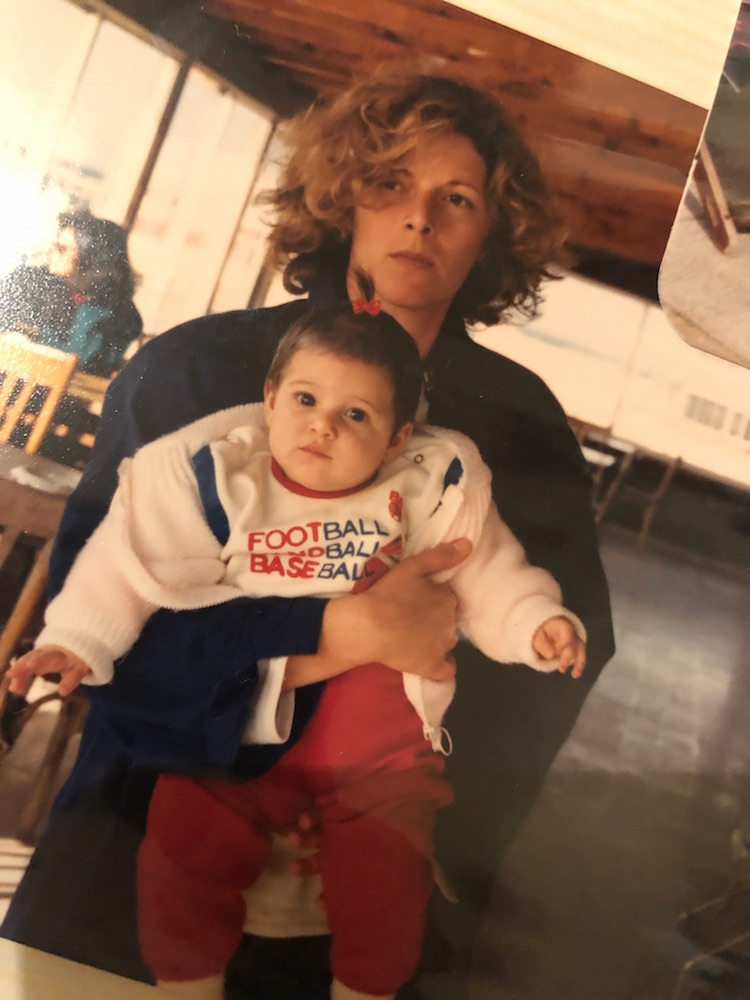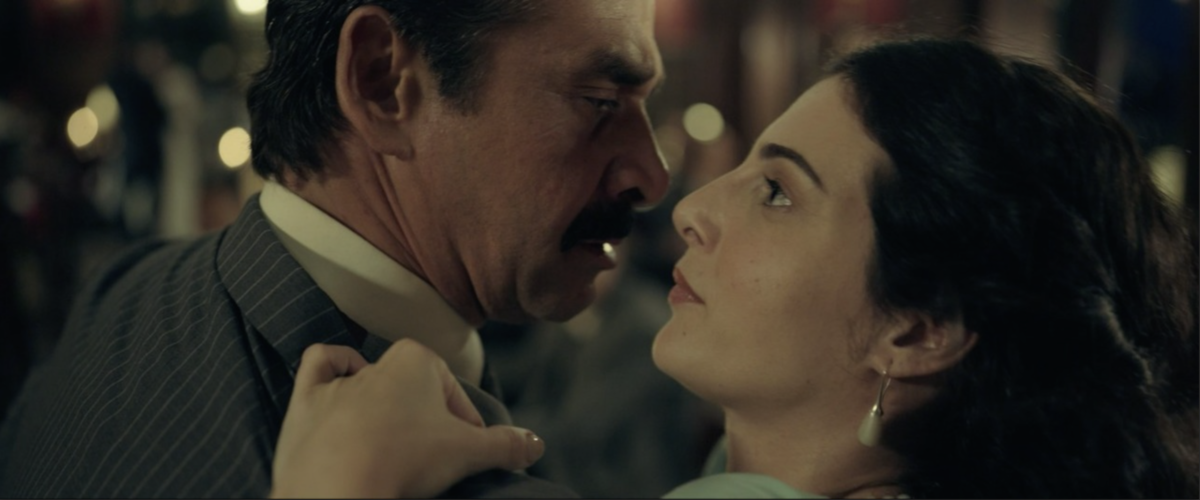Life Style: Lebanese actress Razane Jammal climbs new heights with Netflix’s ‘The Sandman’

DUBAI: In the spring of 2021, Lebanese actress Razane Jammal filmed the most difficult scene of her career. She was shooting “The Sandman,” a blockbuster Netflix series more than 30 years in the making, and in it, her character was saying goodbye to her husband Hector for the last time, as her beloved slipped away into the afterlife.
As the director yelled cut, tears ran down Jammal’s face. She didn’t want to distract her collaborators, so only she and her co-star Vanesu Samunyai knew the truth — that her tears were real. That same day, Jammal had learned that her mother, the woman who had helped shape her into the cross-cultural success she is today, was slipping away from her, too.
“It was that day that I found out that my mom had entered a coma. I was filming a scene that was the epitome of grief, and I didn’t know what had happened to my mom. I didn’t know if I’d lost her already,” Jammal tells Arab News.
Samunyai, standing across from her in that scene, was in awe of the strength her collaborator, and now her friend, showed that day.
“She was amazing. She was carrying so much emotion. And she was able to bring that out. It was a sight to see. It was painful, but it was also beautiful the way she was able to harness that,” Samunyai says. “That sticks out to me the most with this show, and as just a moment in my life. I will never forget that.”
What was undoubtably a turning point in her life, could also, in turn, become a turning point of Jammal’s career. After all, “The Sandman,” based on the legendary graphic novels written by award-winning British author Neil Gaiman, is one that has long enchanted the many communities that have felt represented by it. When the series finally releases on Netflix on August 5, it could very well take the franchise to “Stranger Things” and “Squid Game”-levels of cultural ubiquity — and Jammal to a new level of stardom.
“The Sandman” follows Morpheus, the King of Dreams, an age-old concept made manifest in flesh. Jammal plays Lyta Hall, a woman who dreams of her dead husband each night, slowly realizing that he is not a figment of her imagination but is hiding out in the dream world to be with his wife, unwilling to cross over and leave her behind.
It’s a part that Jammal manages to play truthfully with tremendous subtlety — a subtlety that Jammal credits her mother with teaching her to harness.
“I’ve always been extra, and my mom was far more subtle than I am. I had to fine tune myself to vibrate on her frequency, a frequency that was very sweet and very raw and vulnerable and nurturing. I took that from her. She helped me hone my empathy and acting is where an empath belongs — if they know how to protect themselves from that precious place that my mother taught me to reach,” says Jammal.
“My mom didn’t necessarily know how to protect herself from that place,” she adds.

Jammal was raised in Beirut, Lebanon, a place of both beauty and pain — a place that nurtured Jammal but also put her through some of the hardest experiences of her life.
“I grew up having a simple, community-based life in a place where you have 500 mothers and everyone feeds you and you feel safe — even if it’s not safe at all. At the same time, we went through so many traumas, from civil wars to assassinations to losing all our money in another financial crisis,” says Jammal.
But she learned during the hardest times to both give to and lean on the people around her, from those closest to her to those that are seemingly strangers.
“It gives you strength. It made me enjoy the little things in my life; it made me smile at my neighbor and say ‘Hi’ every morning to the man who sells vegetables, remembering the day that he told me that if I didn’t have money I could come back and pay later. It opened me up to others, and made me a sociable person, and it deepened me in ways I’m still discovering,” Jammal says.
Becoming an actor was the basis of her own personal dream world — an idea she used to escape the hardships in her country and in her home too, as her parents’ marriage fell apart in front of her eyes. She used her imagination to escape, the same tools that she uses now each day.
But acting, of course, is not quite what she imagined it to be.
“I idealized it in my head,” she says. “You don’t think about the behind the scenes. You don’t think about the 14-hour days and six-day work weeks. When you’re six years old, you think, ‘I’m going to be an actor. I’m going to be on stage and everyone’s going to love me.’”

Because of the work that Jammal has put in, her dream is well on its way to being achieved, as her star continues to rise. It began when she moved to London when she was 18, quickly booking roles with French director Olivier Assayas and Kanye West, among others.
Over the next decade, Jammal continued to venture back to the Middle East, too, oscillating between starring opposite legends such as Liam Neeson in Hollywood and Youssra in Egypt. She has now reached a point where she is starring not only in “The Sandman,” but in regional blockbusters including Marwan Hamed’s latest Arab epic “Kira & El Gin,” already the fourth highest-grossing Egyptian film of all time just weeks after its release.
“I started dreaming of Hollywood and wanting to go abroad, because the trauma of war caused people to tell me to leave and escape the pain of the region. I’m so happy that I was pulled back to the Middle East, because these are my roots — I wasn’t in touch with them the same way back then. I had to lose myself in order to find myself again,” says Jammal.
“Now I can not only work on beautiful projects with talented people here in the region, but also work internationally to help contribute positively to the way Arabs are perceived across the world. I will always do that to the best of my ability,” she continues.
Jammal now has to do so without her mother, who died in the summer of 2021. While Jammal cannot call her for support in the same way she once did, as she celebrates her current successes and works on those to come, she knows she never has to fully say goodbye as long as she continues to live in a way that honors her.
“I’m going to live my life to the fullest, because I owe that to her — to carry her lessons with me and spread whatever she taught me,” Jammal says. “I guess that’s my way of keeping her alive.”
Noting that the news was copied from another site and all rights reserved to the original source.
xnxx,
xvideos,
porn,
porn,
xnxx,
Phim sex,
mp3 download,
sex 4K,
Straka Pga,
gay teen porn,
Hentai haven,
free Hentai,
xnxx,
xvideos,
porn,
porn,
xnxx,
Phim sex,
mp3 download,
sex 4K,
Straka Pga,
gay teen porn,
Hentai haven,
free Hentai,




